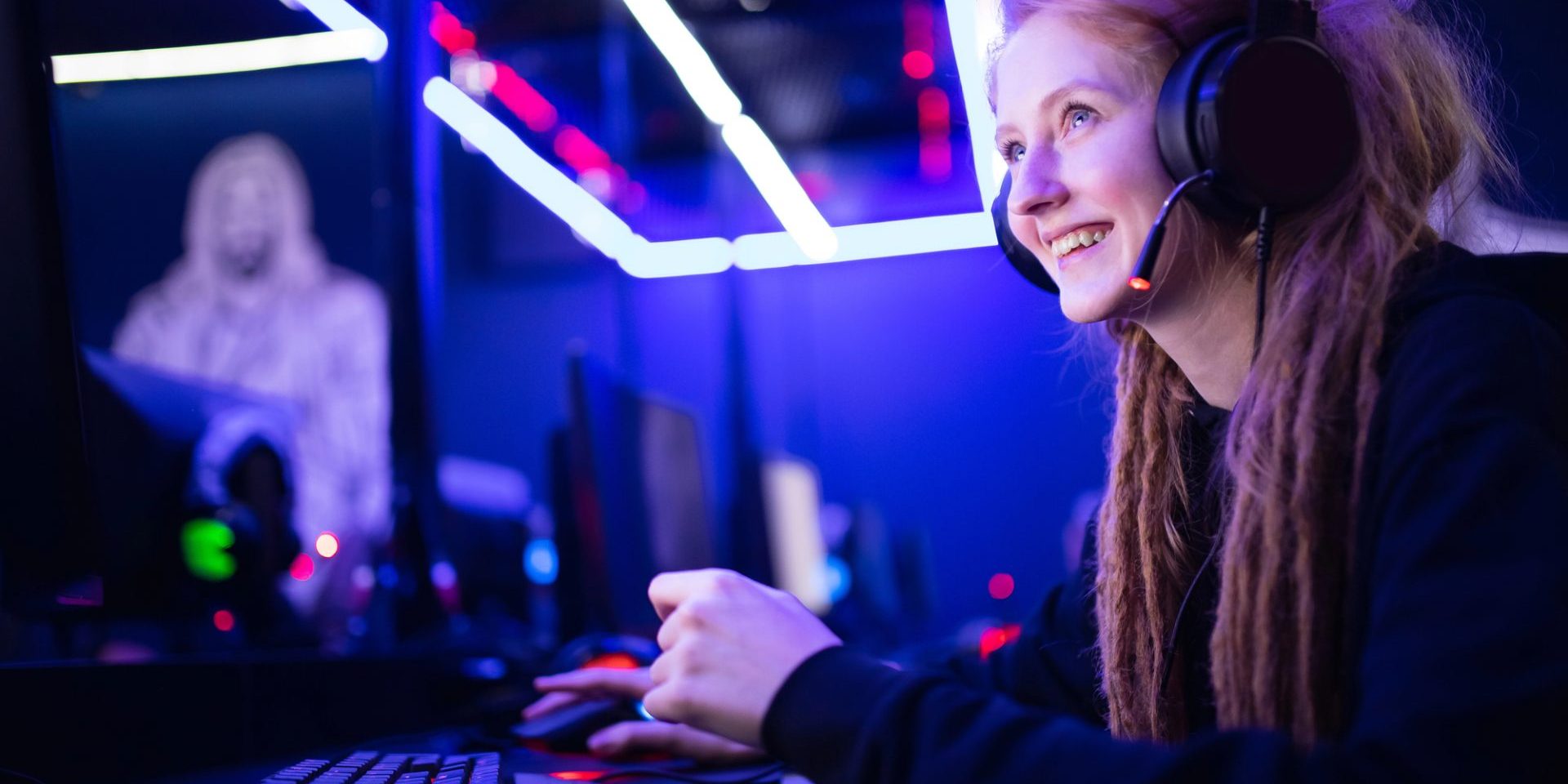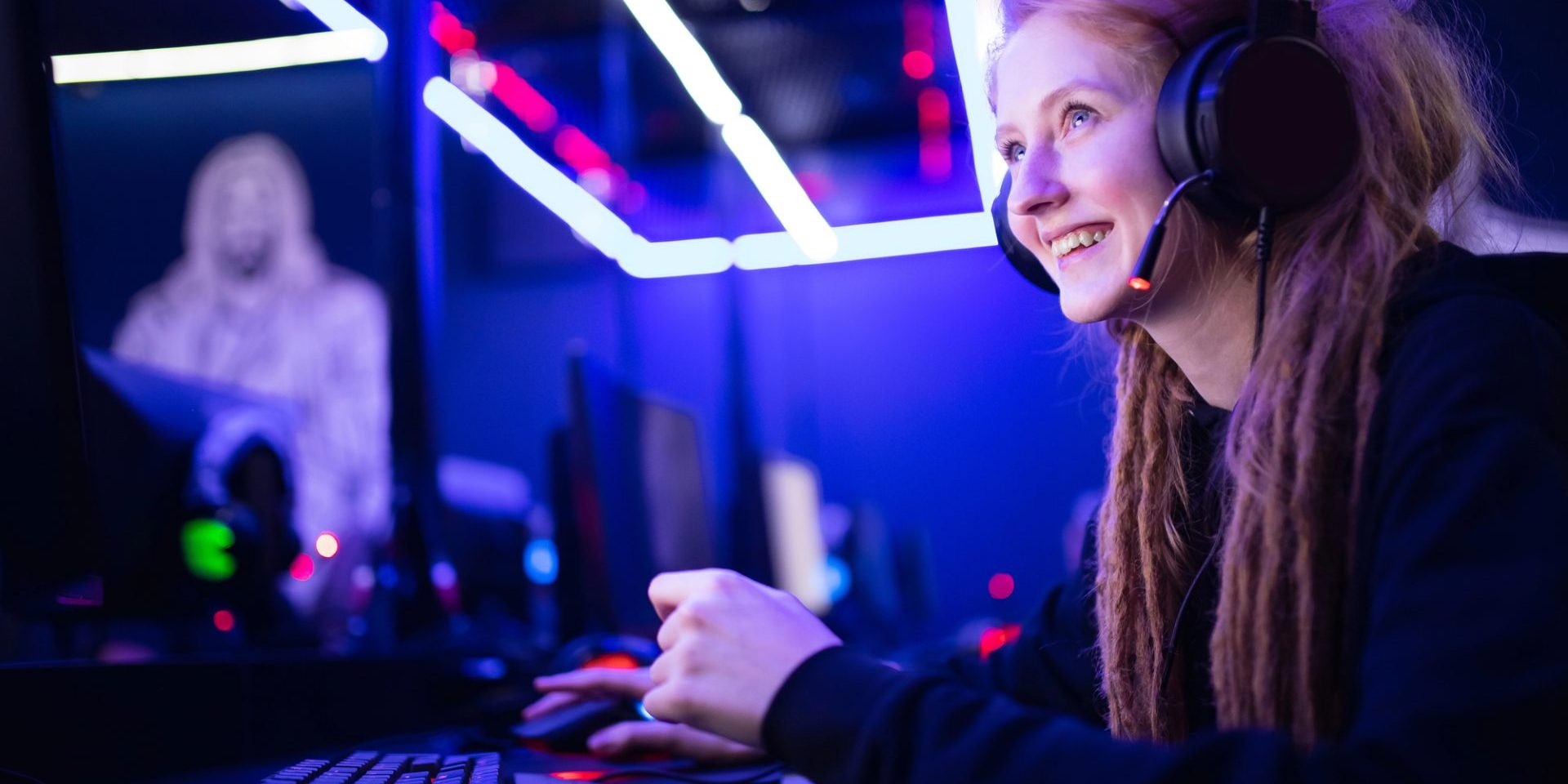Blockchain technology is reshaping the gaming industry, offering unprecedented opportunities for players and developers alike. This innovative technology introduces new levels of ownership, transparency, and value creation within virtual worlds. By 2028, the blockchain-based gaming market is projected to reach $435 billion, growing at a compound annual rate of 12.1%.
The integration of blockchain in gaming enables true digital asset ownership through non-fungible tokens (NFTs). Players can buy, sell, and trade unique in-game items with real-world value, fostering a player-driven economy. This shift empowers gamers, giving them more control over their virtual possessions and experiences.
Blockchain gaming also promotes community-driven development, allowing players to have a voice in shaping their favorite titles. This collaborative approach between developers and players fosters innovation and creates more engaging gaming experiences. As blockchain technology continues to advance, it promises to bring even more transformative changes to the gaming landscape.
Blockchain Fundamentals in Gaming
Blockchain technology is transforming the gaming industry through decentralized systems, digital asset ownership, and new economic models. These innovations are reshaping how players interact with games and each other.
Understanding Blockchain and Its Properties
Blockchain is a decentralized digital ledger that records transactions across multiple computers. It uses cryptography to create tamper-resistant records, making it highly secure and transparent. In gaming, blockchain enables true ownership of digital assets through non-fungible tokens (NFTs).
Smart contracts automate processes and agreements without intermediaries. These self-executing contracts facilitate secure, transparent transactions between players and developers. Blockchain’s immutability means that once data is recorded, it cannot be altered or deleted.
This technology provides a foundation for creating verifiable scarcity of digital items. It allows players to own, buy, sell, and trade in-game assets with real-world value.
Impact of Blockchain on the Gaming Industry
Blockchain is revolutionizing game economies and player interactions. It enables cross-game asset portability, allowing players to use items across different titles. This interoperability creates new possibilities for game design and player engagement.
Decentralized gaming platforms give players more control over their gaming experiences. They can participate in governance decisions, shaping the future of their favorite games. This shift towards player-driven development fosters stronger communities and longer-lasting games.
Blockchain enhances security and reduces fraud in online gaming. Its transparent nature helps prevent cheating and unfair practices. Players can verify the rarity and authenticity of their digital assets, increasing trust in virtual economies.
The Rise of Play-to-Earn Models
Play-to-earn games reward players with cryptocurrency or NFTs for their in-game achievements. This model allows gamers to monetize their skills and time investment. Players can earn real-world value by completing tasks, winning battles, or trading virtual assets.
These games often feature player-owned economies where users can create and sell their own content. This user-generated content model empowers players to become active participants in the game’s ecosystem. It creates new income streams for both players and developers.
The play-to-earn trend is attracting new demographics to gaming, including those from developing countries seeking alternative income sources. However, it also raises questions about game balance, sustainability, and regulatory concerns.
The Gamer’s Experience and Benefits
Blockchain technology introduces significant changes to gaming, offering players new ways to interact with and benefit from their favorite titles. These innovations transform digital asset ownership, enhance engagement, and create fresh economic opportunities within gaming ecosystems.
Ownership and Trading of Digital Assets
Blockchain enables true ownership of in-game items and characters. Players can now hold verifiable proof of ownership for their digital assets, which extends beyond individual games. This allows gamers to trade or sell their assets directly to other players without intermediaries.
Non-fungible tokens (NFTs) represent unique in-game items on the blockchain. These tokens give players full control over their digital possessions, allowing them to use them across different games or platforms. The ability to transfer assets between games adds value to players’ collections and time investments.
Blockchain-based marketplaces facilitate secure peer-to-peer trading of game items. These platforms reduce fraud risks and provide transparency in transactions. As a result, rare or valuable in-game assets can appreciate over time, potentially becoming lucrative investments for players.
Engagement and Accessibility Advances
Blockchain technology enhances player engagement through new gameplay mechanics and reward systems. Games can now offer cryptocurrency or token rewards for achievements, creating additional incentives for player participation and skill development.
Decentralized gaming platforms increase accessibility by removing geographical restrictions. Players from anywhere can join games and compete on a global scale, fostering a more inclusive gaming community.
Play-to-earn models emerge as a new paradigm, allowing players to earn real-world value from their gaming activities. This approach blurs the line between leisure and economic activity, potentially changing how people view and interact with games.
Gaming Economies and Revenue Opportunities
Blockchain-based games create thriving in-game economies with real-world value. Players can earn cryptocurrency or tokens through gameplay, which they can then use within the game or exchange for other currencies.
The tokenization of in-game assets opens up new revenue streams for players. Rare items or characters can be sold for substantial profits, turning gaming skills into potential income sources.
User-generated content gains new value in blockchain gaming ecosystems. Players can create and sell their own in-game items or experiences, receiving direct compensation for their contributions to the game world.
Secondary markets for digital assets flourish on blockchain platforms. These markets allow players to trade items long after their initial release, maintaining engagement and providing ongoing economic activity within the gaming community.
Technological Advancements and Challenges
Blockchain gaming faces significant technical hurdles as it strives for widespread adoption. Scaling, interoperability, and security stand out as key areas requiring innovation.
Scaling Blockchain for Mass Adoption
Blockchain networks struggle to handle high transaction volumes, limiting their usefulness for large-scale gaming. Current solutions include:
-
Layer 2 protocols: These operate on top of existing blockchains, processing transactions off-chain to reduce network congestion.
-
Sharding: This technique splits the blockchain into smaller, more manageable pieces called shards.
-
New consensus mechanisms: Alternatives to Proof of Work, like Proof of Stake, aim to boost transaction speed and capacity.
Despite progress, further advances are needed to match traditional gaming platforms’ performance. Developers and platform creators continue to explore novel approaches to overcome these limitations.
Interoperability between Different Gaming Platforms
The lack of communication between different blockchain networks hinders the growth of blockchain gaming. Efforts to address this include:
-
Cross-chain bridges: These allow assets to move between different blockchains.
-
Interoperability protocols: Standards like Polkadot and Cosmos aim to create a network of interconnected blockchains.
-
NFT standards: Unified formats for non-fungible tokens enable easier asset transfers across games and platforms.
These innovations could lead to shared virtual economies and seamless player experiences across multiple games and platforms. However, technical challenges and competing standards still pose obstacles to full interoperability.
Security Concerns and Solutions
Blockchain gaming faces unique security challenges:
-
Smart contract vulnerabilities: Flaws in game code can lead to exploits and loss of assets.
-
Private key management: Players must safeguard their cryptographic keys to protect their in-game assets.
-
51% attacks: Large-scale blockchain networks are less vulnerable, but smaller chains risk manipulation.
Solutions include:
- Formal verification of smart contracts
- Hardware wallets for secure key storage
- Improved consensus mechanisms to prevent attacks
As the industry matures, security practices continue to evolve. Collaboration between game developers, blockchain experts, and cybersecurity professionals is crucial to building trust in blockchain gaming platforms.
The Future Landscape of Blockchain in Gaming
Blockchain technology is poised to reshape the gaming industry, introducing new possibilities for ownership, monetization, and player experiences. This emerging field is attracting significant investment and driving innovation in game design and economics.
Emerging Trends in Blockchain Gaming
Blockchain gaming is evolving rapidly, with several key trends shaping its future. Non-fungible tokens (NFTs) are becoming integral to game assets, allowing players to truly own and trade in-game items. Play-to-earn models are gaining traction, enabling gamers to earn cryptocurrency or tokens through gameplay.
Virtual worlds and metaverse concepts are expanding, blurring the lines between games and social platforms. These digital spaces offer new opportunities for social interaction, commerce, and creativity within blockchain-powered ecosystems.
Cross-game interoperability is another growing trend. Blockchain technology facilitates the transfer of assets between different games, creating a more connected gaming universe.
Investment Landscape and Market Predictions
The blockchain gaming sector is attracting substantial investment. In recent years, venture capital firms and established gaming companies have poured billions into blockchain gaming projects. This influx of capital is fueling rapid development and innovation in the space.
Market analysts predict significant growth for the blockchain gaming industry. Some projections suggest the market could reach tens of billions of dollars in value by 2025. This growth is expected to be driven by increasing adoption of cryptocurrency, improvements in blockchain scalability, and the development of more engaging blockchain-based games.
Investors are particularly interested in projects that combine blockchain technology with popular gaming genres or established franchises. These ventures have the potential to bridge the gap between traditional gaming audiences and the blockchain world.
Potential for New Gaming Paradigms
Blockchain technology opens up possibilities for entirely new gaming paradigms. Decentralized autonomous organizations (DAOs) could allow players to have a say in game development and governance. This model could lead to more community-driven game ecosystems.
GameFi, the intersection of gaming and decentralized finance, is another area with significant potential. These systems could create complex in-game economies with real-world value, blending entertainment with financial opportunity.
The integration of blockchain with augmented and virtual reality technologies could result in immersive gaming experiences where players have true ownership of their virtual surroundings and assets. This convergence may lead to the creation of persistent virtual worlds with vibrant economies and social structures.










